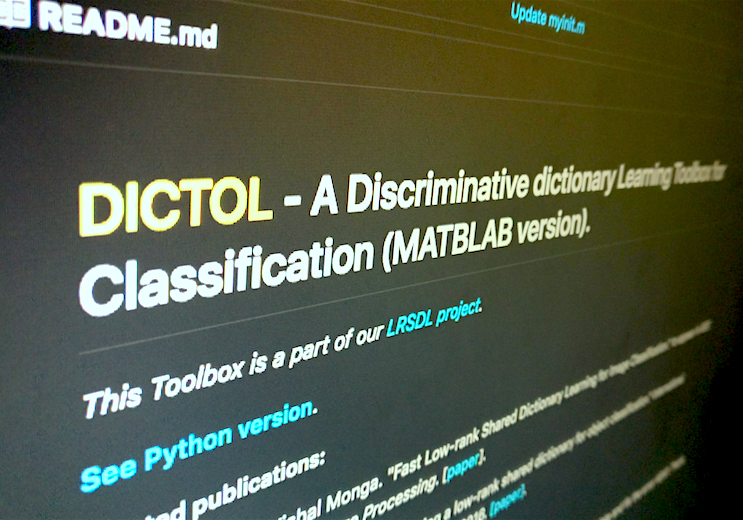Table of Contents
Introduction
Monga, Vishal
Optimizing Image Quality
Wang, Zhou et al.( Univ. Waterloo)
Computational Color Imaging
Bala, Raja et al.(PARC)
Optimization Methods for Synthetic Aperture Radar Imaging
Yazici, Birsen et al. (RPI)
Computational Spectral and Ultrafast Imaging via Convex Optimization
Kamalabadi, Farzad et al. (UIUC)
Discriminative Sparse Representations
Patel, Vishal et al.(Rutgers)





